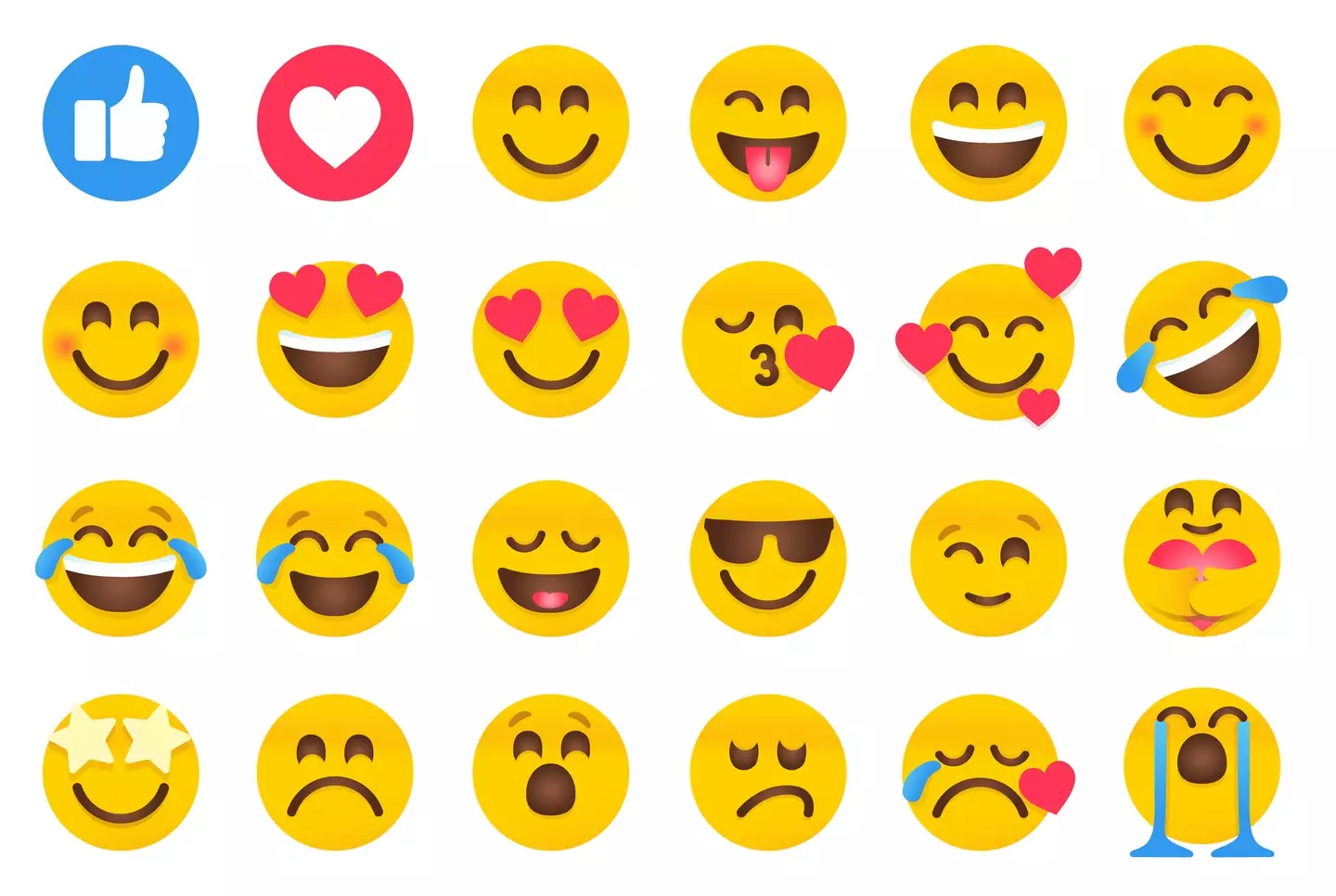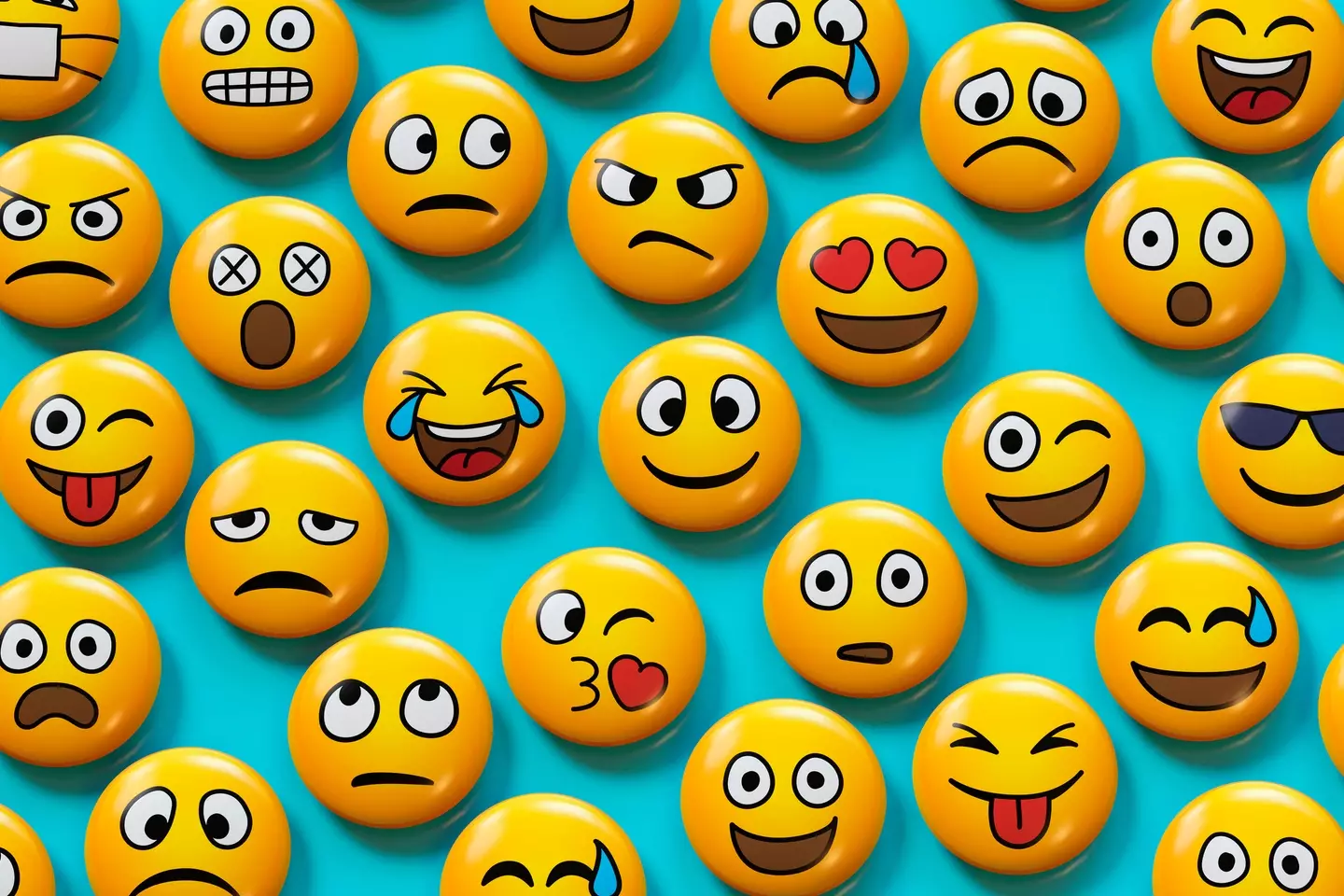
Gen Z has called for everyone to stop using a specific smiley face emoji for one huge reason.
They've cancelled everything from skinny jeans to hairstyles with side parts, but now Gen Z - those born between the late 1990s and early 2010s - are even coming for emojis.
Last summer, they started taking issue with the 'thumbs up' emoji.
One Reddit user took to the platform to ask whether other people were also getting wound up by the emoji and the response was pretty mixed.
Advert
While some see no problem with using the emoji to indicate that they agree with a statement or to say 'okay,' others labelled it 'super rude.'
They wrote: "For younger people (I’m 24 for reference) the thumbs up emoji is used to be really passive aggressive. It’s super rude if someone just sends you a thumbs up. So I also had a weird time adjusting because my workplace is the same."
Now, another commonly-used emoji has come under fire.

Speaking to The Wall Street Journal, 21-year-old intern Hafeezat Bishi said that the seemingly innocent smiley face emoji represents a 'side-eye smile' and that it appears 'dismissive.'
She recalled her experience with the emoji as some of her new co-workers greeted her with a bright smiley face when she started a new job.
"I had to remember they are older, because I use it sarcastically," Bishi said of her co-workers using it. "There are so many emojis, and Gen Z can never take things in a simple manner.”

Hailey Francisco, 18, also spoke to WSJ and said that during her sophomore cheerleading season, she and her teammates would receive a smiley face at the end of texts from their coach.
"It wasn’t until the whole team was at a basketball game together, someone told her that the smiley seemed passive-aggressive," Francisco said.
She went on to say her coach was shocked and switched to using a blushing smiley emoji instead.

And, Ellie York, 23, said that there's definitely 'a more sinister passive-aggressive or sarcastic side' to the face.
"I think it’s the eyes. It’s got an 'oh really' expression," she explained.
"People my age who use emojis tend to use this in conversations with each other, not as a happy response, but in a more sarcastic or ironic sense."
So, there you have it. Unless you want to sound majorly passive aggressive in the group chat, you might want to delete that bright yellow smile from the end of your message...
Topics: Technology, Gen Z
